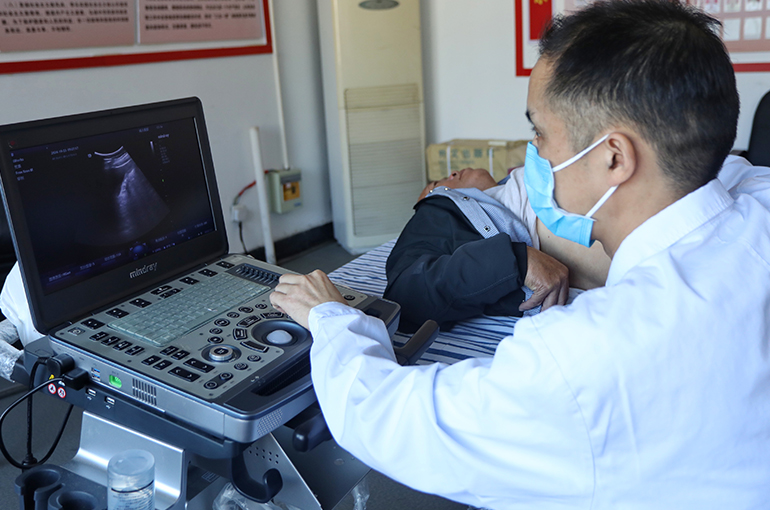 China Cracks Down on Excessive Testing by Hospitals to Curb Illicit Use of Medical Insurance Funds
China Cracks Down on Excessive Testing by Hospitals to Curb Illicit Use of Medical Insurance Funds(Yicai) Nov. 28 -- China’s regulators are reining in the practice of prescribing unnecessary examinations and tests by the country’s public hospitals, which are turning to services and other means to boost their income amid dwindling government subsidies, to prevent the misuse of medical insurance funds.
Seven hospitals were recently found to have conducted excessive diagnosis and treatments, unlawfully squandering nearly CNY90 million (USD12.4 million) of medical insurance funds, the National Medical Insurance Administration said. Of these, Shijiazhuang People's Hospital was found to have performed sex hormone tests, normally used during puberty, on more than 2,500 patients aged over 60 years old.
The watchdog will step up spot checks on hospitals across the country, it said.
China’s public hospitals are developing profit-seeking behavior as they come under considerable economic pressure now that markups on drug prices have been banned and as government subsidies are withdrawn, according to an article published in the National Health Commission’s journal "Soft Science of Health."
Grade-3 public hospitals shifted to generating more income from the sale of check-ups, laboratory tests and sanitary materials from that of drugs during the years 2015 to 2021, the article said. There is a risk of hospitals turning into device-selling organizations to support doctors, rather than the retail of medicines.
The National Medical Insurance Administration is also clamping down on the price of medical check-ups and tests. On Oct. 17, four tests were included in the first batch of price standardization and governance inspection items and on Nov. 14 another 10, including carcinoembryonic antigen tests and alpha-fetoprotein tests, were added.
"As medical insurance payments tumble, the price of examinations and tests will come down," an executive at a listed medical inspection company told Yicai.
With less income from the medical insurance scheme, hospitals' laboratories may gradually change from profit centers to cost control centers, another insider in the medical examination field told Yicai. Hospitals will probably outsource more testing, which will lead to an increased role by third-party medical inspection firms.
Editor: Kim Taylor